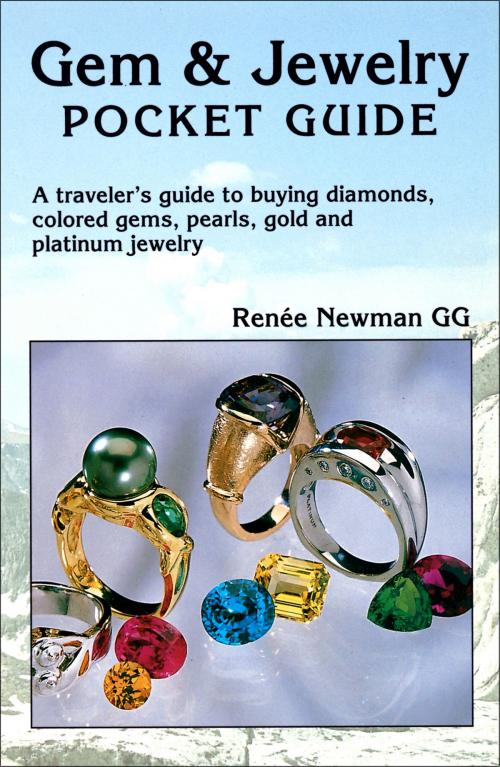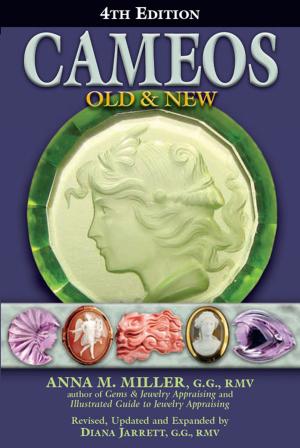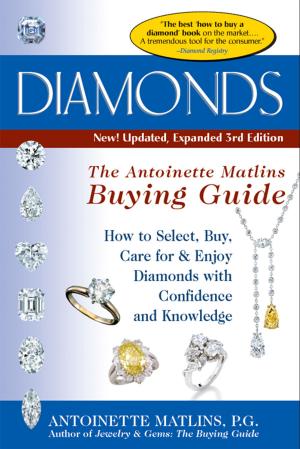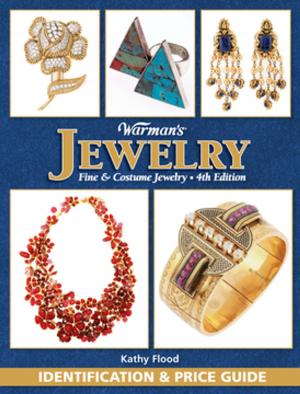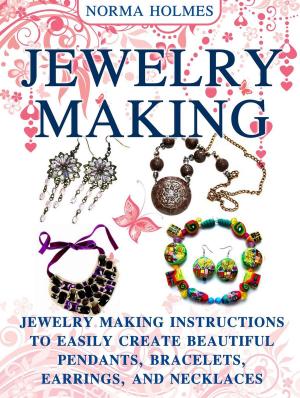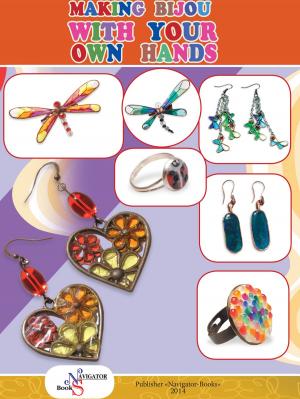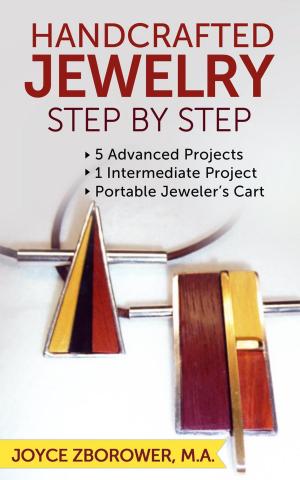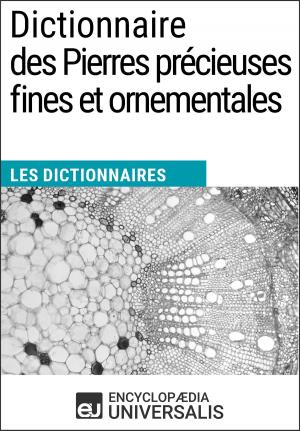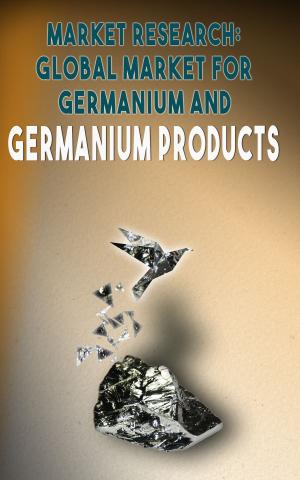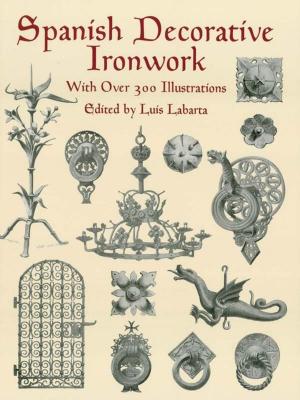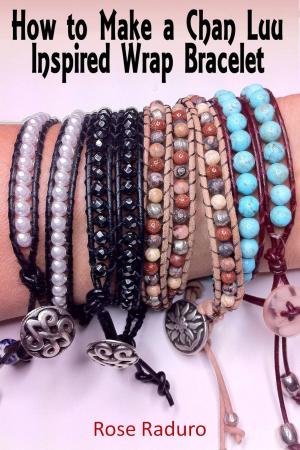Gem & Jewelry Pocket Guide
A traveler's guide to buying diamonds, colored gems, pearls, gold and platinum jewelry
Nonfiction, Home & Garden, Antiques & Collectibles, Metals & Jewelry| Author: | Renee Newman | ISBN: | 9780929975498 |
| Publisher: | International Jewelry Publications | Publication: | January 7, 2015 |
| Imprint: | Language: | English |
| Author: | Renee Newman |
| ISBN: | 9780929975498 |
| Publisher: | International Jewelry Publications |
| Publication: | January 7, 2015 |
| Imprint: | |
| Language: | English |
The Gem & Jewelry Pocket Guide: A Traveler's Guide To Buying Diamonds, Colored Gems, Pearls, Gold and Platinum Jewelry helps you learn what to look for when buying gems and what questions to ask jewelers. You’ll discover how gems are enhanced to make them appear better than they originally are and how marketing terms may be used to mislead you. You’ll even learn how to avoid hassles with customs. The first chapter of the Gem & Jewelry Pocket Guide outlines and explains the factors that affect the price of colored gems. One of these factors, the treatment status, is discussed in depth in Chapter 2 and photo examples are shown of the effects of heat treatment, lead-glass fillings, beryllium treatment and laser drilling. Synthetic and imitation gems are discussed and illustrated in chapter 3. The fourth chapter is the longest one and describes the major colored gems that are currently sold in jewelry stores. These include alexandrite & cat’s-eye (chrysoberyl), amethyst & other quartz gems, ammolite, chalcedony, emerald, aquamarine & other beryls, garnets, iolite, jadeite, nephrite, kunzite, lapis lazuli, malachite, moonstone & some other feldspars, opal, peridot, ruby, sapphires, spinel, tanzanite, topaz, tourmalines, turquoise, and zircon. Evaluation, identification and care tips are provided for these gems along with their geographic sources. Seventy-five high-quality color photos are included. Chapter 5 provides information and photos on diamond grading, sources and care. Various pearls, amber, coral and ivory are discussed and illustrated in Chapter 6. Chapters 7, 8, and 11 cover jewelry metals and jewelry craftsmanship. Included are four charts that explain the meanings of marks for gold, platinum, palladium and silver content. Guidelines for having jewelry custom-made are also discussed. Chapter 9 lists the notable gems found in countries throughout the world. Chapters 12 and 13 will help you select a jeweler and be smart buyer at home and abroad. They discuss precautions one should adopt when buying gemstones and jewelry from an unknown supplier. You’ll learn how to select an appraiser and understand appraisals and gem lab reports in Chapters 14 and 15. When travelling abroad, the customs and website information provided in Chapter 16 will be especially useful. If you plan on purchasing gems and jewelry, the Gem & Jewelry Pocket Guide will help you make wise decisions and have positive buying experiences at home and abroad.
The Gem & Jewelry Pocket Guide: A Traveler's Guide To Buying Diamonds, Colored Gems, Pearls, Gold and Platinum Jewelry helps you learn what to look for when buying gems and what questions to ask jewelers. You’ll discover how gems are enhanced to make them appear better than they originally are and how marketing terms may be used to mislead you. You’ll even learn how to avoid hassles with customs. The first chapter of the Gem & Jewelry Pocket Guide outlines and explains the factors that affect the price of colored gems. One of these factors, the treatment status, is discussed in depth in Chapter 2 and photo examples are shown of the effects of heat treatment, lead-glass fillings, beryllium treatment and laser drilling. Synthetic and imitation gems are discussed and illustrated in chapter 3. The fourth chapter is the longest one and describes the major colored gems that are currently sold in jewelry stores. These include alexandrite & cat’s-eye (chrysoberyl), amethyst & other quartz gems, ammolite, chalcedony, emerald, aquamarine & other beryls, garnets, iolite, jadeite, nephrite, kunzite, lapis lazuli, malachite, moonstone & some other feldspars, opal, peridot, ruby, sapphires, spinel, tanzanite, topaz, tourmalines, turquoise, and zircon. Evaluation, identification and care tips are provided for these gems along with their geographic sources. Seventy-five high-quality color photos are included. Chapter 5 provides information and photos on diamond grading, sources and care. Various pearls, amber, coral and ivory are discussed and illustrated in Chapter 6. Chapters 7, 8, and 11 cover jewelry metals and jewelry craftsmanship. Included are four charts that explain the meanings of marks for gold, platinum, palladium and silver content. Guidelines for having jewelry custom-made are also discussed. Chapter 9 lists the notable gems found in countries throughout the world. Chapters 12 and 13 will help you select a jeweler and be smart buyer at home and abroad. They discuss precautions one should adopt when buying gemstones and jewelry from an unknown supplier. You’ll learn how to select an appraiser and understand appraisals and gem lab reports in Chapters 14 and 15. When travelling abroad, the customs and website information provided in Chapter 16 will be especially useful. If you plan on purchasing gems and jewelry, the Gem & Jewelry Pocket Guide will help you make wise decisions and have positive buying experiences at home and abroad.
